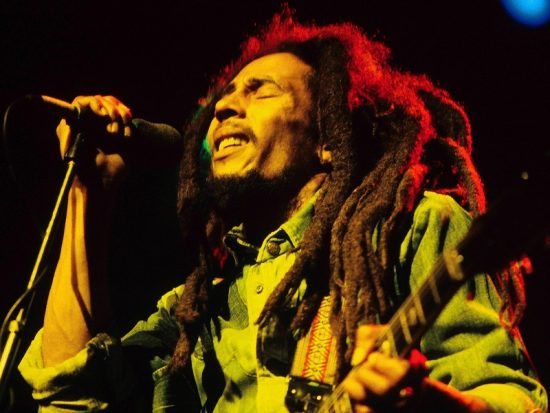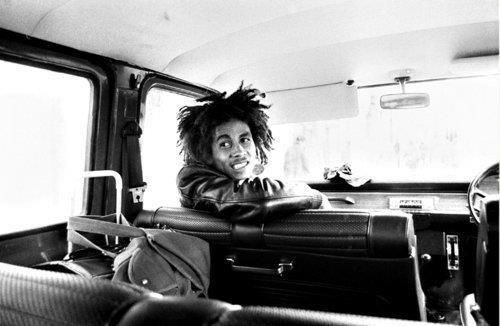Documentary Review: Marley- “If you weren’t a fan before…”
As our attention spans decrease and our access to information increases, keeping an audience engaged in an almost two and a half-hour long documentary is a tall task. With platforms like Netflix which offer such a wide variety of content and documentary series which divide their content into shorter, more “user-friendly” episodes, Marley (2012), directed by Kevin MacDonald, stands out as one of the best of a (possibly) dying breed. Granted, documentaries will always be present in the industry as long as they have a stage such as film festivals, but it remains a rare commodity to find documentaries which can powerfully tell the story of a legend, getting the audience emotionally involved enough that they care about the subject being presented. Like last year’s Oscar-winning Amy (Asif Kapadia), Marley does exactly that.
There’s nothing extravagant, especially creative or stylistically noteworthy about the way this documentary is executed in technical terms. It is linear and straightforward, but very, very engaging. One of the things that makes this documentary stand out and be so powerful, is the amount of detail the producers managed to gather from the interviews of Bob’s closest group of people such as Rita Marley, Bunny Wailer, Lee ‘Scratch’ Perry, among many others. Thanks to some never-before-heard accounts and anecdotes from these people, the producers created a textbook-perfect documentary that follow the events in Bob’s life in timeline fashion, fitting together like pieces of a puzzle that we had never fully seen before. The whole point of the film is that the story of Bob’s life is so interesting and compelling in itself, that the best way to pay homage to it is telling it exactly as it was.
But like any good documentary, it’s not even about the story, it’s how you tell it. Ironically, the fact that it takes more than 10 minutes for Bob’s name to even be mentioned, shows how deep the producers wanted to go into Bob’s life. This initial slow pace, which puts the documentary in context, sets the scene of Bob’s background and builds up our interest- cleverly ensuring that if you weren’t excited about “meeting” Bob before, you will be now. Bob’s life was full of ups and downs, especially in the beginning, when his band was known simply as “The Wailers”. Bob went from getting paid close to nothing and living in the studio with his producer, to filling up the Lyceum theatre in London to the point where people were climbing on the roof to get into the venue. Such an emotionally charged story is hard to tell without trying to manipulate your audience into what they are supposed to feel. MacDonald, however, doesn’t fall into this trap. One of the things that makes Kevin MacDonald’s involvement in documentaries so good, is that he understands the responsibility he has when telling the stories of icons and legends. With music as powerful as Bob’s, it becomes easy for him to convey the emotions evoked by the story, just by playing the right song. All throughout, the film is accompanied by Bob’s music. His music is so enchanting, that one of the scenes in the documentary is a 2 minute, aerial shot of Jamaica with a rare version of “No Woman, No Cry” playing in the background. It’s like giving the audience a 2 minute break to appreciate the magic of his music. The film goes so deep into the story behind his music that it gives us a completely different appreciation of the lyrics. When Rita talks about Bob finding a sense of belonging with Rastafarianism after being an outcast his whole life for being half-black, half-white, the song “One Love” starts playing. It’s as if the songs themselves helped narrate the story of his life, reminding us that not only was he an extremely influential figure in Jamaica for his work outside music, but that he was first and foremost, a supremely talented musician and songwriter.
Although most people have heard the name Bob Marley, and probably listened to a couple of his songs, the film details aspects of his life that were probably unknown to even his biggest fans. As people close to him remark, Bob wasn’t a big fan of interviews, so taped (and especially videotaped) recordings of his interviews are rare and scarce. Even finding good quality videos of his concerts is hard, which is why the production of this documentary took so long. MacDonald makes the best of what he has with the limited amount of material available, and nonetheless delivers a documentary with a surprising variety of photos, interviews and concerts, but more importantly, he knows how to use them. If anything, the documentary expresses the passion of Bob Marley, the passion that inspired so many. If you weren’t a fan before, you will be after watching Marley.












